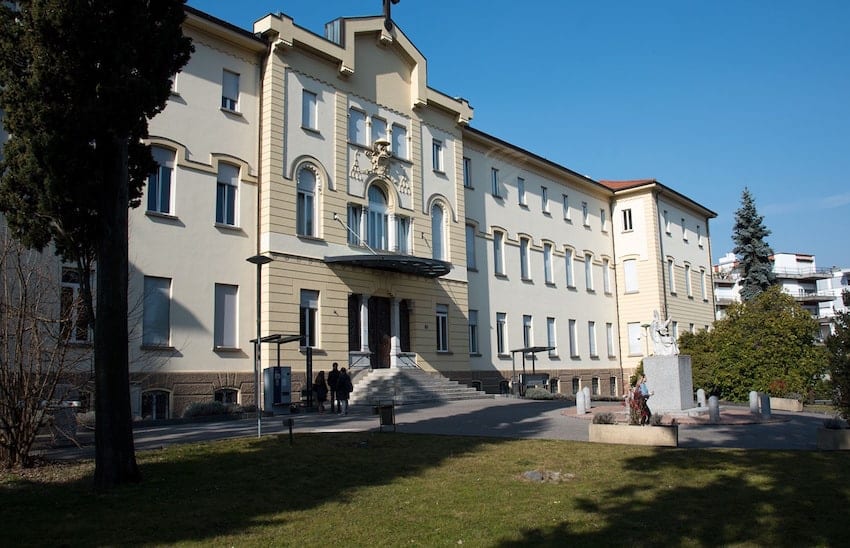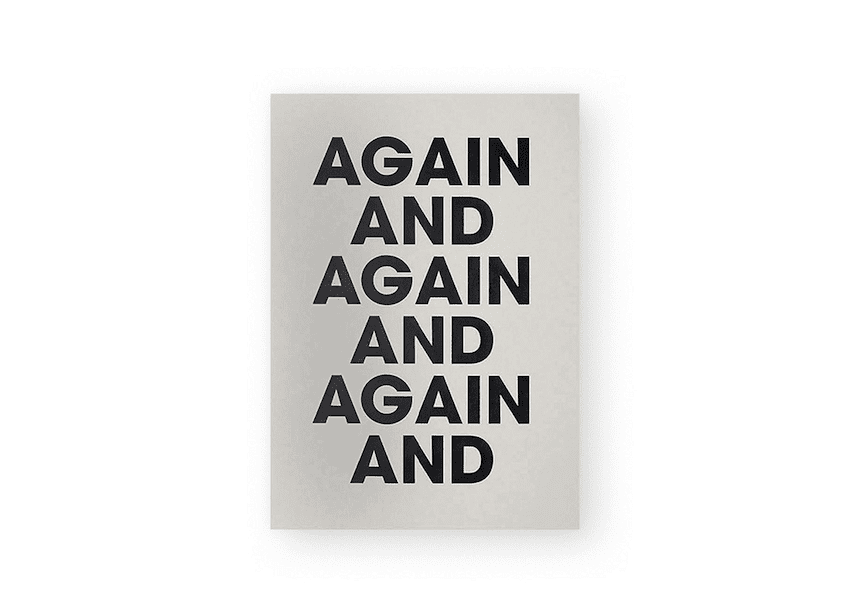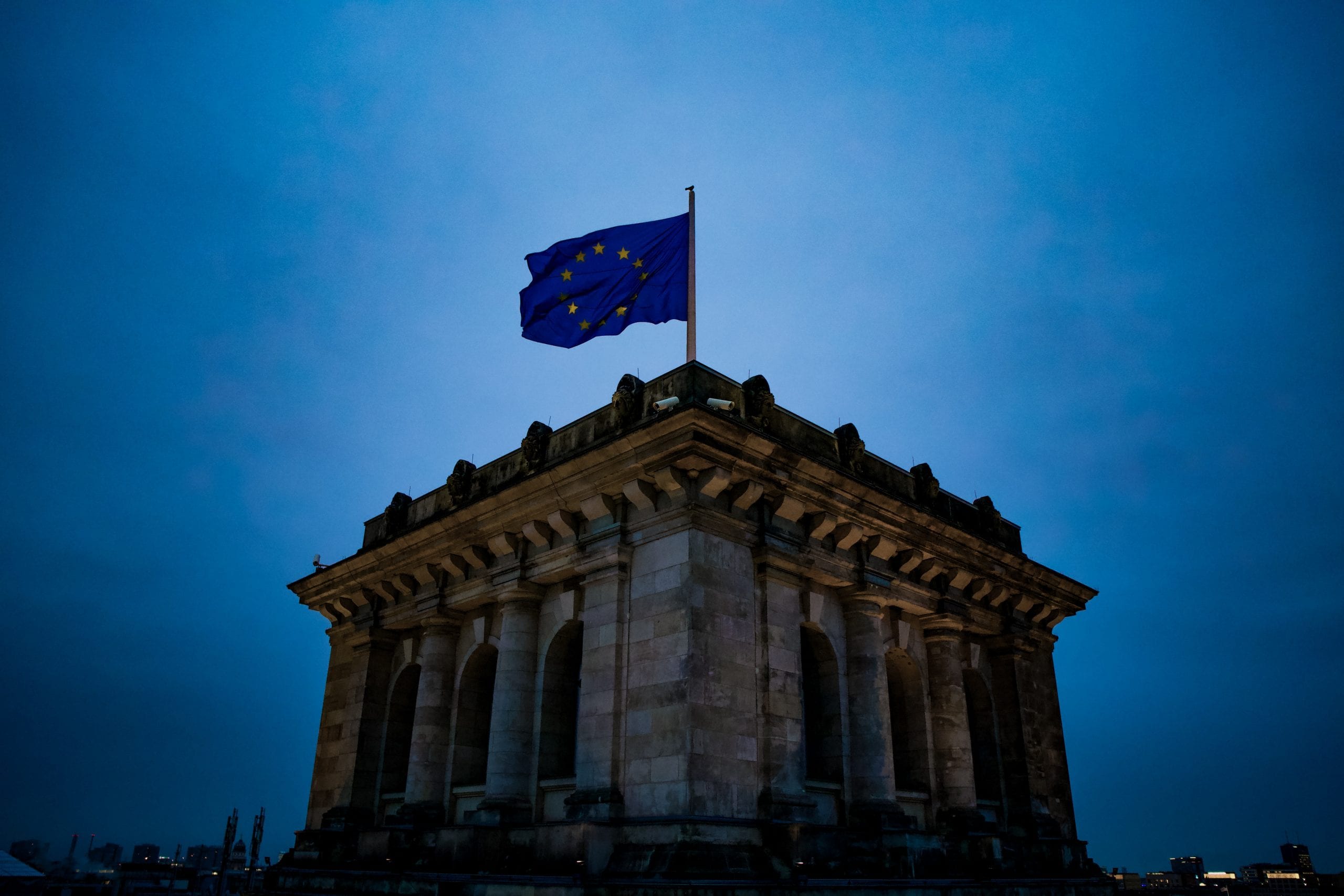by A. Altieri D’Angelo
In principle, no. However, the uncontrolled nature of the protests is the problem.
Thomas Jefferson once wrote, “The spirit of resistance to government is so valuable on certain occasions that I wish it to be always kept alive. It will often be exercised when wrong, but better so than not to be exercised at all. I like a little rebellion now and then. It is like a storm in the atmosphere.” Americans have faithfully followed Jefferson’s advice ever since.
The U.S. has seen all forms of non-violent protests, civil disobedience, and, unfortunately, violent riots. In the past, protesters engaged in civil disobedience, whereby they were arrested for trespassing, disturbing the peace, etc. This type of act has always been considered annoying but acceptable so long as the offending party is willing to suffer the consequences under U.S. law. However, a line could not be crossed, such as the January 6th, 2021, U.S. Capital Riot. The people in that event committed serious crimes; it was not just a case of peaceful civil disobedience, and many have been severely punished. However, the principle of exercising the right to free speech was not violated in any case, even when it was expressed in violent riots.
Campus protests have always had a high public profile, but, as a rule, most Americans do not support such demonstrations. And they were often not peaceful events. The most glaring example is what is now known as the Kent State massacre. On May 4th, 1970, Ohio National Guard troops fired on protesting students at Kent State University. Four unarmed students were killed, and nine others were injured.
It is important to note that I do not agree with most of the pro-Palestinian demonstrators’ demands. A unilateral ceasefire will not work. Hamas, the militant group that staged the attacks, must be destroyed. To allow Hamas to remain as is will only set the stage for another vicious attack in the future. Israel has a right to protect itself. However, despite my views, I still believe people have an absolute right to protest. Nevertheless, the way the protests are conducted must change.
I have seen many protests over the years, but I have found the anti-Israel demonstrations on college campuses very troubling, not because I disagree with their proposals. Unlike previous demonstrations, people, in addition to challenging government or college policies, are also targeting Jews and Muslims. The pro-Palestinian protesters are, in many cases, confusing anti-Israeli sentiment with antisemitism. The two are not the same. And the use of antisemitic language creates fear among Jewish people. The same is somewhat true for Muslims, as some are seeking to intimidate Muslims.
There is a fine line between free speech and coercion. Coercion, in this particular case, begins when people are allowed to use phrases that are considered antisemitic, such as “kill the Jews” and “from the river to the sea.” People are threatening students because they are Jewish. Campus life has been disrupted; USC just announced it is canceling its graduation ceremony. Jewish and Muslim students are not attending class out of fear of violence. The uncontrolled protesters are allowing outside agitators to join in the dissent and increase the antisemitic threats to Jewish students. Protesters have also demanded that colleges terminate their educational and financial connections with Israel.
How does this all end?
The mob wins unless college administrators take charge, preventing coercion, intimidation, and loss of education. The administrators must do a better job of controlling the various groups involved. Some are unsettled by the protesters and, in certain other cases, have overreacted and requested the local police to remove demonstrators from campus even though they were engaged in a peaceful sit-in. Colleges must develop a tough-love approach to preserve the right to protest and protect students’ ability to attend class without fear.
Colleges undergoing protests should set aside areas on campus for the opposing groups to occupy and hold rallies. The areas would separate the opposing groups and prevent physical contact. The student protesters would be advised that moving outside the designated location without permission would result in their removal. Non-students would not be allowed to enter these areas. No anti-Semitic or Islamophobic messaging would be tolerated. An example of this approach occurred at Columbia University. A student proclaimed, “Zionists don’t deserve to live.” The school banned him from the campus. Protest rallies would be allowed at times that would not adversely affect students in class. Any protester violating these rules will be expelled or jailed if the offense is severe enough.
We must allow protests to continue and preserve everyone’s rights.



















